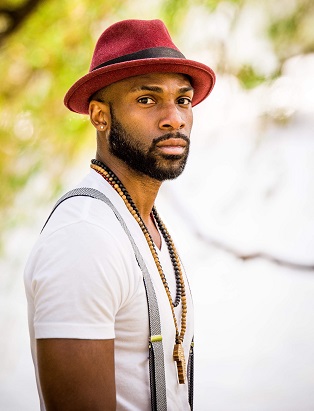
The second is exposure to other languages, and the colonists came into contact with Native American languages, mariners’ Indian English pidgin and other settlers, who spoke Dutch, Swedish, French and Spanish. The first is isolation early colonists had only sporadic contact with the mother country. Over time, the changes went beyond accent to include different words and grammatical structures, adding up to a new dialect. People back in England noted the quirky new ways Americans were speaking English within a generation of the colonists’ arrival. When did the early colonists stop sounding British and start sounding American? The winds blow from west to east in the mid-latitudes, where the United States is located, but in the tropics, they blow east to west.ĭouglas Herman, geographer, National Museum of the American Indian

White man speaking pidgin english full#
Pidgin is where our inventiveness will be on full display.Weather systems in the United States move from west to east, so how is it that Atlantic hurricanes originate off the African coast and move west? One day when language experts examine this period, the English language won’t tell them very much about Africans. In comparison, Ghana has only ever contributed Harmattan and a few diseases (like kwashiorkor) to the English dictionary. In Ghana, new words emerge on an almost monthly basis: dumsor (off and on) came out of nowhere to beautifully and simply describe our persistent electricity problems a meme about hustling gave us kpakpakpa. It is the absence of rules that makes Pidgin incredibly adaptive. Years later, their descendants are some of the most regular contributors of new words and terms to English. There is some irony here: Africans sold into slavery were not allowed to speak their languages, forcing them to use Pidgin to communicate and making them good at shaping new words. Today, mainstream English dictionaries have new words added every year – such as selfie, bling and bootylicious – to explain new ideas and phenomena. William Tyndale once had to apologetically explain why he felt the need to print the Bible in a language as backward as English. Wazobia FM has been broadcasting entirely in Pidgin to Nigeria’s 75 million Pidgin-speakers for almost a decade, a fact certainly not lost on the BBC World Service in its biggest African market. Advertising in Pidgin – once unthinkable – is now commonplace. Marketers and the media are cottoning on. And as you needn’t be literate to speak it, across anglophone west and central Africa – made up of many diverse ethnicities and languages – there are more people fluent in shared Pidgin languages than in English. Fluency will reduce how much you have to pay for cab fares or market tomatoes. Nigerians have almost always been the largest non-Ghanaian population in Ghana and we share many Pidgin words, but my siblings’ time at school also coincided with Nigeria’s cultural dominance across the continent through its music and film industries.

My younger siblings who attended the same schools a decade later would instead use, ibi yawa, which sounds suspiciously like Hausa.

At the same time, changes in Pidgin, compared to a rather static English, always point to wider demographic and societal trends.įor example in my secondary school days in the late 90s, we would say “that thing be deft” to describe something as being rubbish. Changes in Pidgin, compared to a rather static English, always point to wider demographic and societal trendsĭespite the best attempts of generations of educators to stop its use, speaking Pidgin – as well as English – remains the best proof that you attended the ethnic melting pots that are west African secondary schools. To date, English is still the language of white-collar African employment. The education system the colonialists created used English as a tool to “civilize” Africans, suppressing local language and culture and creating a hierarchy that put those who spoke English well – and best parroted British culture – at the top. To date, “I dey” can mean anything from “I am here” or “I am waiting” to a statement about the victory of one’s continued existence: “I am still here”. Combining basic nautical English vocabulary (itself derived from regional English variations) with the grammar and composition of languages of the various ethnic groups British traders encountered, it stripped things to the bare necessities: “I am going out, but I will be right back”, for example, became “I dey go come”. West African Pidgin began in the late 17th and 18th centuries as a simple trade language between Europeans and Africans.


 0 kommentar(er)
0 kommentar(er)
